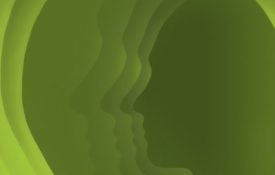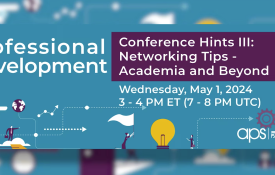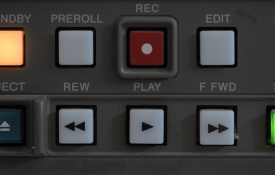-

New Content From Advances in Methods and Practices in Psychological Science
A sample of articles on implementing and using community-augmented meta-analyses, studying what people say to each other, open-science guidance for qualitative research, and much more.
-

Networking Inside and Outside the Academy
In an APS Professional Development webinar, five psychological scientists shared their own experiences and advice on expanding your relationships not only in academic circles, but in industry as well.
-

Teens Who View Their Homes as More Chaotic Than Their Siblings Have Poorer Mental Health in Adulthood
Many parents ponder why one of their children seems more emotionally troubled than the others. A new study in the United Kingdom reveals a possible basis for those differences.
-
The Loneliness Curve
When Surgeon General Vivek Murthy went on a nationwide college tour last fall, he started to hear the same kind of question time and again: How are we supposed to connect with one another when nobody talks anymore? In an age when participation in community organizations, clubs and religious groups has declined, and more social interaction is happening online instead of in person, some young people are reporting levels of loneliness that, in past decades, were typically associated with older adults. ...
-
Innovation 2.0: Multiplying the Growth Mindset
Have you ever been in a situation where you felt that people wrote you off? Maybe a teacher suggested you weren’t talented enough to take a certain class, or a boss implied that you didn’t have the smarts needed to handle a big project. In the latest in our “Innovation 2.0 series,” we talk with Mary Murphy, who studies what she calls “cultures of genius.” We’ll look at how these cultures can keep people and organizations from thriving, and how we can create environments that better foster our growth.
-

Rewatching Videos of People Shifts How We Judge Them, Study Indicates
Rewatching recorded behavior, whether on a Tik-Tok video or police body-camera footage, makes even the most spontaneous actions seem more rehearsed or deliberate, new research shows.

